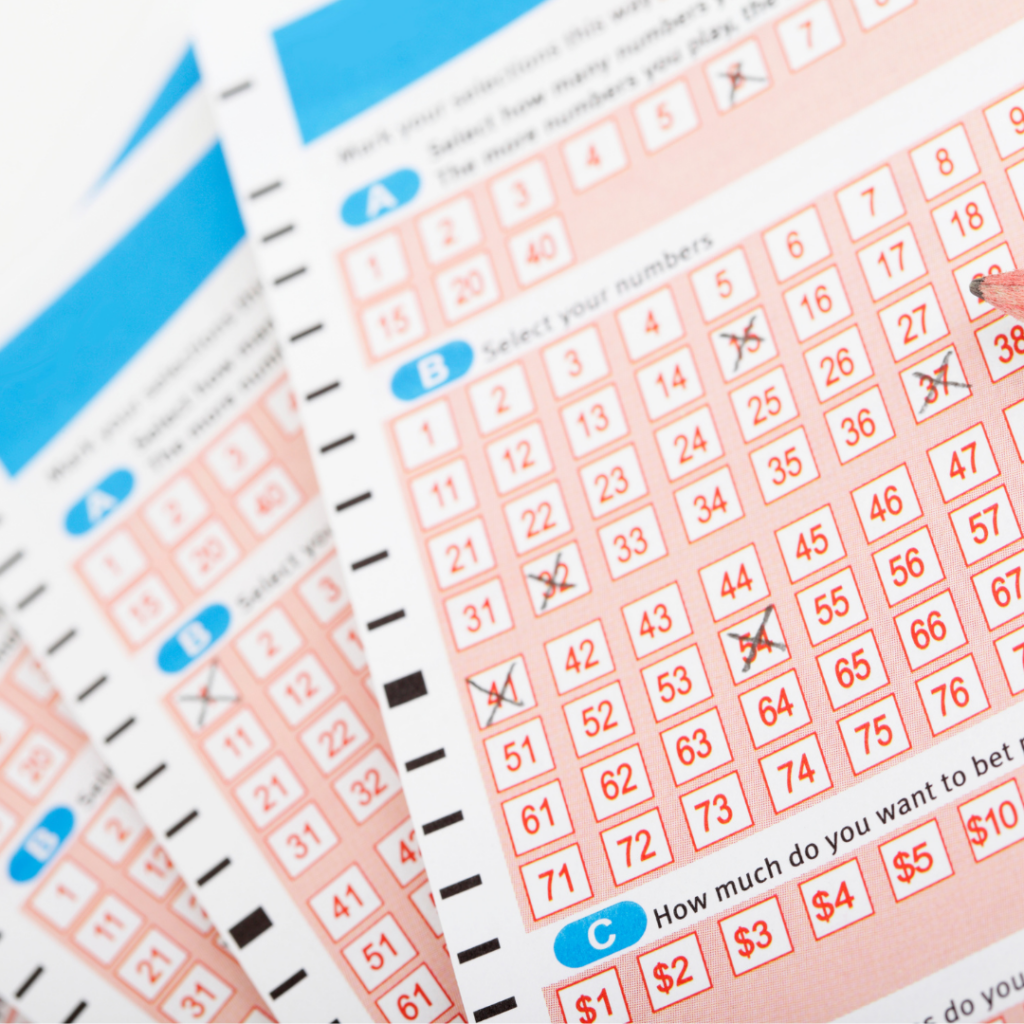A Garda who suffered life-changing injuries from a service weapon misfire has settled his High Court action against the State, putting a spotlight on the crucial issue of workplace safety across every sector. His ordeal underscores the profound and lasting impact a single moment can have—not only for those working in high-risk environments, but for anyone who places their trust in workplace systems designed to keep them safe.
This detailed guide will examine the legal background and wider significance of this case, equip you with a better understanding of Irish personal injury law, and provide practical steps to take if you or a loved one has suffered a workplace accident.
The Story Behind the High Court Settlement
- The Incident:
The Garda, with over 15 years’ experience, was inside a patrol car when his submachine gun, positioned in a sling and pointed downward while he wore a bulletproof vest, accidentally discharged. He had manoeuvred to check the back seat when the gun’s trigger snagged on his vest, causing the weapon to fire a single round into his own left leg and ankle.
- The Aftermath:
The bullet shattered his ankle, necessitating immediate surgery and a prolonged period of physiotherapy. He was unable to return to work for 18 months and reported that the pain “never really left.”
- Legal Action:
The garda brought his case against the Garda Commissioner, the Minister for Justice, and the Attorney General, claiming a failure to provide a safe place of work and alleging that improper equipment forced him to carry his firearm unsafely in a confined space. The State admitted liability; the case was settled on the third day of the hearing.
- Media Restrictions:
Due to the sensitive nature of the work, the court ruled that neither the garda nor his colleagues could be publicly identified.
Understanding Personal Injury Claims in Ireland
Workplace injuries take many forms—from construction accidents to machinery malfunctions to less visible, psychological harm.
What is a Personal Injury Claim?
A personal injury claim is a legal process seeking compensation when harm occurs due to another’s negligence. If you have suffered injury, illness, or loss because of the actions or failings of an employer or another party, Irish law may entitle you to seek damages for medical expenses, lost earnings, and even pain or suffering.
Your Employer’s Duty of Care
Irish employers have a legal responsibility to provide:
- Comprehensive training relevant to your role
- Up-to-date safety statements and risk assessments
- Adequate work and personal protective equipment
- Safe work systems and environments
When an employer’s failings lead to injury, you may have strong grounds for a claim.
Who Can Make a Personal Injury Claim?
- If you’re injured in an accident caused by someone else’s negligence within the last two years, you are likely eligible to make a claim.
- The process can involve physical, psychological, or financial injury.
More details and eligibility criteria are outlined at HOMS Assist.
How to Protect Yourself After a Workplace Accident
The moments after a workplace injury are crucial. Following the right steps ensures your health is prioritised and that you have the best chance of a successful claim.
What to do if you’re injured at work:
- Seek immediate medical assistance
Your health must come first. Retain all documentation from healthcare providers.
- Report the incident
Inform your employer or line manager promptly, and ensure the details are logged in the company’s accident report system.
- Identify witnesses
Record details of any colleagues or third parties who witnessed the event.
- Preserve evidence
Take photographs of the scene, your injuries, and the equipment involved.
- Consult a solicitor
Contact an experienced personal injury solicitor who specialises in workplace injuries. Legal guidance ensures your rights and entitlements are protected from the very beginning.
Common Types of Workplace Injury Claims
While the Garda’s case involved firearms and tactical gear, injuries can happen in every workplace. Here are some of the most common accidents in Ireland:
- Slips, trips, and falls on hazardous surfaces.
- Being struck by or caught in moving machinery.
- Manual handling accidents, especially in construction, warehousing, or healthcare.
- Faulty or insufficient safety equipment.
- Exposure to hazardous substances.
- Stress, anxiety, or bullying resulting in psychological harm.
The Legal Pathway for Personal Injury Cases
Initial Steps
- Medical Report
Your solicitor will request a full report from your doctor or hospital. This forms the backbone of your claim.
- Personal Injuries Resolution Board Application
Most claims begin with an application to the Personal Injuries Resolution Board (PIRB) for an assessment and potential compensation offer.
- Court Proceedings
If no agreement is reached or PIRB’s offer is rejected, a solicitor can formally bring the case to court.
What Determines Compensation?
Settlement amounts depend on:
- Severity and longevity of your injuries
- Impact on your daily life and earnings
- Expenses related to treatment and rehabilitation
- Special circumstances (such as psychological distress)
Contributory negligence may reduce the compensation but does not necessarily remove eligibility.
Case Studies and Precedents
Cases like the garda’s are not isolated. Significant precedents in Irish law have seen both physical and psychological injuries result in substantial compensation (HOMS Assist case studies):
- Industrial and construction accidents
- Machinery failures and ergonomic injuries
- Bullying and harassment leading to trauma
Employers are continually reminded to maintain the highest safety standards, and victims are encouraged to seek expert help in holding negligent parties accountable.
Why Prompt Legal Advice Matters
Every injured worker deserves support and guidance. Acting quickly is vital, as time limits apply. An experienced solicitor will:
- Assess and validate your claim
- Gather medical and workplace evidence
- Negotiate fair settlements or advocate for you at every stage in court
- Ensure all expenses, including ongoing care or changes in earning ability, are taken into account
Firms like HOMS Assist bring decades of specialist expertise, as well as compassion and unwavering advocacy.
Moving Forward After Personal Injury
A moment’s misfortune, such as the discharge of a firearm or a fall from scaffolding, can change your life in an instant. You do not have to face the aftermath alone. The right support can help you find your footing again and regain a sense of fairness and closure.
If you have suffered a workplace injury:
- Prioritise your health and wellbeing.
- Keep detailed records of medical care, expenses, and the impact on your daily life.
- Seek reliable legal support as soon as possible.
Empower yourself with knowledge, safeguard your rights, and help ensure safer workplaces for everyone.
Find the Support You Deserve
If you or someone you care about has suffered a workplace injury or other form of personal injury, expert guidance can transform your next steps. Contact HOMS Assist for specialist advice and a personal, caring approach dedicated to achieving the best outcome for you.









